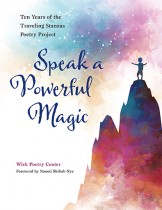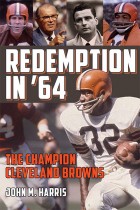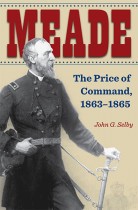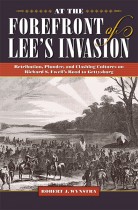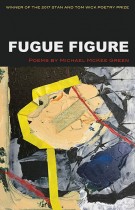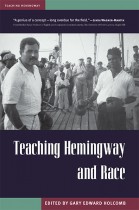James Riley Weaver’s Civil War
John T. Schlotterbeck, Wesley W. Wilson, Midori Kawaue and Harold A. Klingensmith | Filed under: Civil War Era, Civil War Soldiers and Strategies, Military History, Recent Releases, U.S. History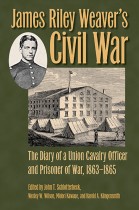
Captured on October 11, 1863, James Riley Weaver, a Union cavalry officer, spent nearly seventeen months in Confederate prisons. Remarkably, Weaver kept a diary that documents 666 consecutive days of his experience, including his cavalry duties, life in a series of prisons throughout the South, and his return to civilian life. It is an unparalleled eyewitness account of a crucial part of our history.

